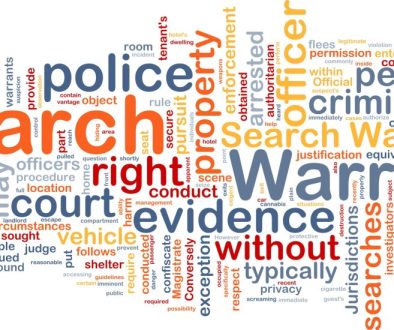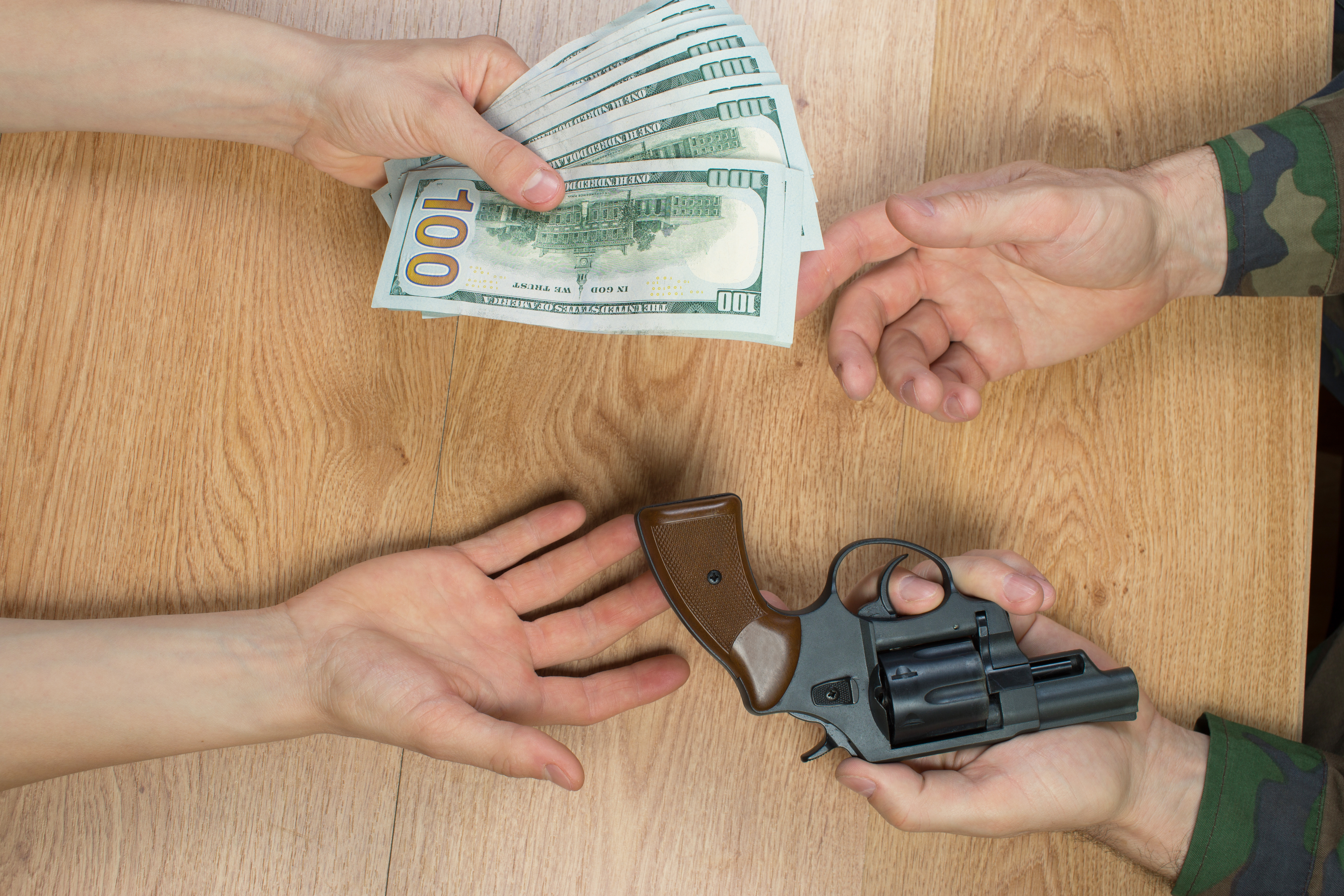5 Things About Federal Gun Law This Holiday And Beyond

As I have written in previous blog articles, gun crimes and the regulation of firearms in general, is not only a state issue, but the federal government heavily regulates this area as well. Any person who illegally possesses a gun or firearm is subject to prosecution from state authorities (district attorney’s office, attorney general) and the federal government (United States Attorney’s Office – Department of Justice). While our law firm represents individuals charged with the illegal possession of guns and firearms in Pennsylvania (Uniform Firearms Act) and in New Jersey (Graves Act), it also represents individuals at the federal level. It’s important to always understand that the federal government maintains separate laws with regards to guns from each individual state.
With that said, it’s important to understand five issues about federal gun laws:
1. Convicted felons can NEVER possess a gun or firearm.
- 18 USC § 922(g)(1) states that if you have been convicted of a crime punishable by prison where the maximum punishment exceeds one year you are barred from possessing a gun. The only felonies that aren’t covered under this federal law are those pertaining to anti-trust violations, unfair trade practices, or some other offense related to business practices. Keep in mind that this ban only pertains to felony offenses and not misdemeanor offenses where the maximum punishment exceeds 1 year (M1 & M2 offenses—Pennsylvania).
- Keep in mind that 18 USC § 921(a) specifically states that a misdemeanor crime where the maximum punishment exceeds 1 year doesn’t prohibit a person from possessing a gun. In addition, in Pennsylvania, multiple DUI’s in a 5 year period will disqualify a person under Section 6105 from possessing a firearm. This does not apply at the federal level. You should never assume that you are permitted to possess a gun or firearm if you have a prior conviction. For more information on your ability to possess a firearm I encourage you to contact our office.
2.You cannot possess a gun if you are convicted of a misdemeanor criminal domestic crime of violence.
- Under federal law if you have a conviction for a criminal domestic crime of violence, you are barred from possessing a gun under 18 USC § 922(g)(9). A domestic crime of violence is defined as the use or attempted use of physical force or the threatened use of a deadly weapon committed against a current or former spouse, parent, or guardian, other victim by a person with whom the victim shares a child in common.
- Here, domestic violence is also defined as any act committed against any person who is cohabitating or has cohabitated. This basically means that if you have been convicted of domestic violence against your ex-wife, ex-girlfriend, or live in partner, you could be banned from possessing a firearm at the federal level and the state as well depending on where you. This federal ban also applies to domestic violence protective orders (PFA) in Pennsylvania and New Jersey. This ban lasts only as long as the PFA or DVPO is in effect in the state court. Remember that a PFA and a DVPO are civil sanctions and not criminal convictions, there is a difference.
3.You can’t possess a gun if you are under federal indictment or are a “drug user”.
- Under 18 USC § 922(n), any person who is under indictment for a crime punishable by one year or more in prison isn’t permitted to ship or transport any firearm or ammunition or receive any firearm or ammunition. While this statute does not specifically prohibit the possession, this is a gray area and there is a real debate where possession becomes transporting. In addition, federal law states that it is unlawful for a drug addict or drug user to possess a firearm under 922(g)(3). While the statute doesn’t apply to “infrequent users” it is aimed at persons who have demonstrated sufficiently consistent use of illegal drugs.
4. Ignorance of the law is not an excuse to an illegal gun charge
- Many clients have asked us if it is a defense to claim that they simply were not aware of their status to possess a gun or firearm. Federal courts have specifically addressed this issue and the federal prosecution only needs to establish that the person either knew he was a convicted felon or convicted of another crime (misdemeanor – domestic violence) to prosecute under federal law. If the government can establish this knowledge, it only needs to establish possession at that point.
5. It is unlikely that you will regain your right to own a gun.
- While it is possible under 18 USC § 921(a)(20) that a conviction that is expunged (set aside) or one in which a person has received a pardon will permit a person to thereafter obtain a firearm, most states, including Pennsylvania, don’t permit the expungement of felony offenses and a pardon process is extremely complicated. With that said it is important that if you are charged with a crime it is important that your attorney explain all of your options because a conviction will, more than likely, remain on your record for life.
This is just another reason to hire the right criminal defense lawyer for your case. For more information I encourage you to visit our free download section for resources that can help you during this process.



